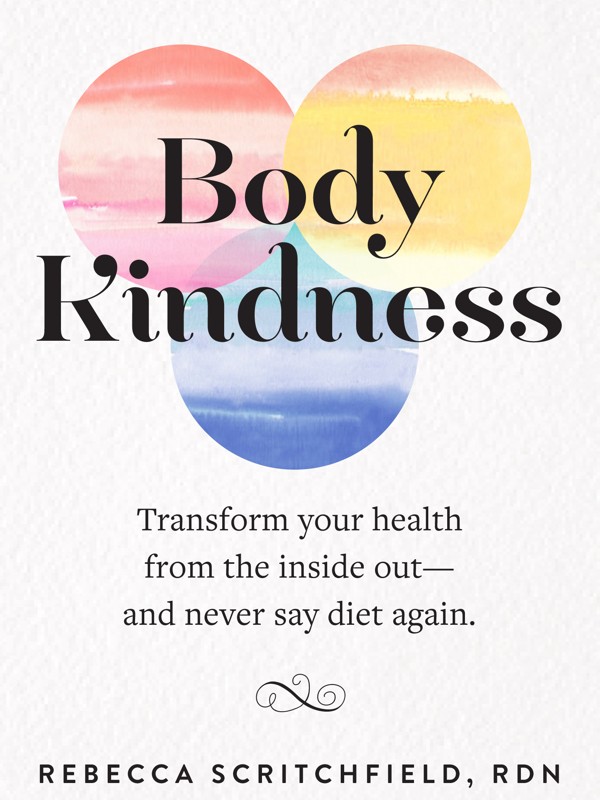
Why you should stop trying to lose weight through dieting and focus instead on fitness and healthy eating
Dieting just to achieve a number on the scales is not the best path to wellness, scientists say; exercise, food quality and not smoking are the key factors that will keep you fit and feeling good about yourself
As someone who has suffered from and eventually escaped the diet roller coaster, and who has been on a mission to help others get off it, too, I follow anti-diet voices on social media, many of whom are nutrition experts. I am usually all nods when scrolling through their posts, but a recent trend of messages unsettled me.
At first glance, they seemed to go beyond anti-diet and verge on anti-healthy. One post proclaimed that any attempt to lose weight is a diet. Think about that for a second. If we treat “diet” as a four-letter word, then the message is that trying to lose weight at all – even in a healthy way – is something to be condemned.
Why heart attacks are leading cause of death in women, and why many women are unaware of the higher risks they face
It got me wondering whether the anti-diet movement has gone too far. Should people really be discouraged from pursuing weight loss, even on a sound lifestyle plan, when it could lead to better health – less knee pain, getting off blood sugar medications, reducing the risk of a heart attack and so on?
To dig deeper, I spoke to several thought leaders on the issue and came to the conclusion that the post was onto something: Although weight matters when it comes to health, the true path to wellness may be to not try to lose weight at all.

“No matter what your weight is, you can improve your health by being physically active, eating a healthy diet and not smoking,” Willett says.
Is the 80/20 rule true when it comes to weight loss? Hong Kong naturopath says yes
Actively trying to control weight may be an effective tactic for some people, but for others it can be downright destructive. A 2005 study published in the American Journal of Clinical Nutrition noted that about 20 per cent of overweight people are successful at long-term weight loss.
But what about all of the people who try but fail to lose weight at all or put it right back on? Many in that group (and possibly some “successful” weight losers, too) wind up perpetually struggling, constantly anxious about food and dissatisfied with their bodies.
Some develop eating disorders. Many heal and become the anti-diet voices on my Instagram feed. Tied into the personal struggle is the pressure from our profoundly weight-biased society, where size discrimination is the norm.
Four tips for losing weight, from adding vitamin B and omega 3 fats to your diet, to slower eating
It’s no wonder so many people are pushing back and essentially flipping the bird at our diet- and weight-obsessed culture. But although that stance may be necessary, a downside is that, for some, it has meant the rejection of any conversation about health, weight-related or not.

She sees a solution to breaking down those walls in acceptance and self-care. “When you love yourself you want to fuel yourself well; you want to take that care for you.”
Hong Kong seniors discover yoga: now they have even more energy and much less stress
Rebecca Scritchfield, a dietitian who wrote Body Kindness, agrees. “If we broaden the view of health beyond weight or appearance, we will all be free to pursue health in our own individual way,” she says.
With that in mind, abandoning weight loss as a goal – taking it off the table completely – and refocusing on personally meaningful, healthy behaviours seems like our best shot at true wellness. Sandra Aamodt, neuroscientist and author of Why Diets Make Us Fat, says that many health problems we associate with obesity are actually a consequence of not getting enough exercise.
“It’s crazy that as a society we have chosen to focus on weight loss rather than improving fitness and nutrition, which are easier and more important,” she says.
She suggests making concrete, positive fitness goals: “Sit down and make a list of the things you’d like to be able to do that you can’t do now – whether it is to walk a few blocks without running out of breath, give a kid a piggyback ride or run a 5K. Have something you are pulling toward.”

“The fitness industry has profited for a long time on people believing they are not satisfactory,” she says. “You are already awesome when you walk into the space. The reason to go should be to have fun.”
How exercising in a group boosts your quality of life and results from your workouts
It was yoga that got Stanley to pay attention to how food affects her body. She was more comfortable doing inversions and felt more energised after yoga when she ate well. It is that kind of internal, personal motivation that can really stick, as opposed to being motivated – or tortured – by the number on the scale.

Instead, Scritchfield suggests, make changes that matter to you for reasons that go beyond weight, such as better digestion, more energy, better sleeping patterns or having a better attitude towards food.
“The key factor is to make choices that fit you best, that make you feel good, and trust that you will be at a weight that is healthy for you,” she says. You don’t need a scale for that.

